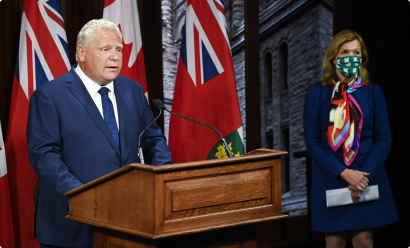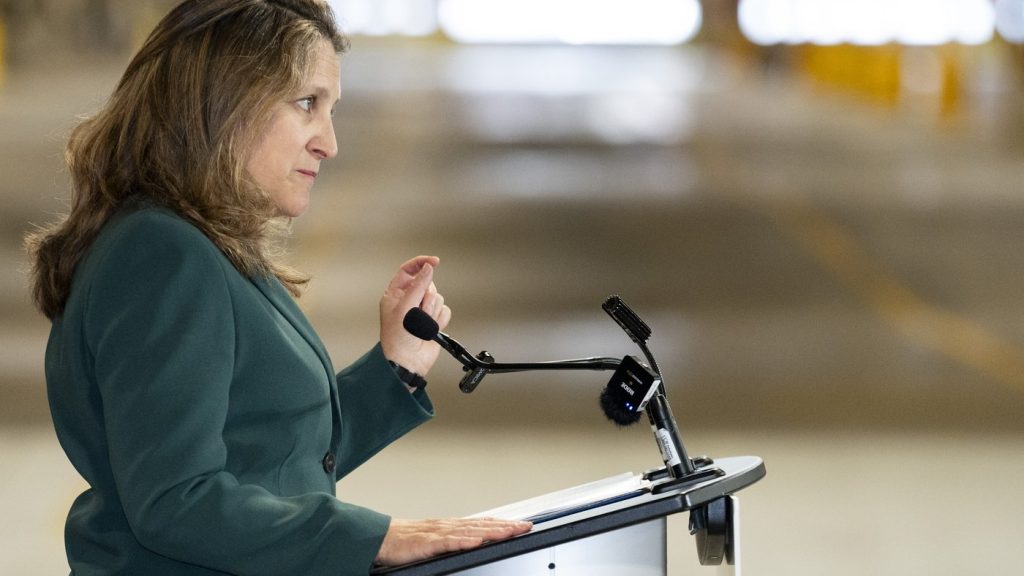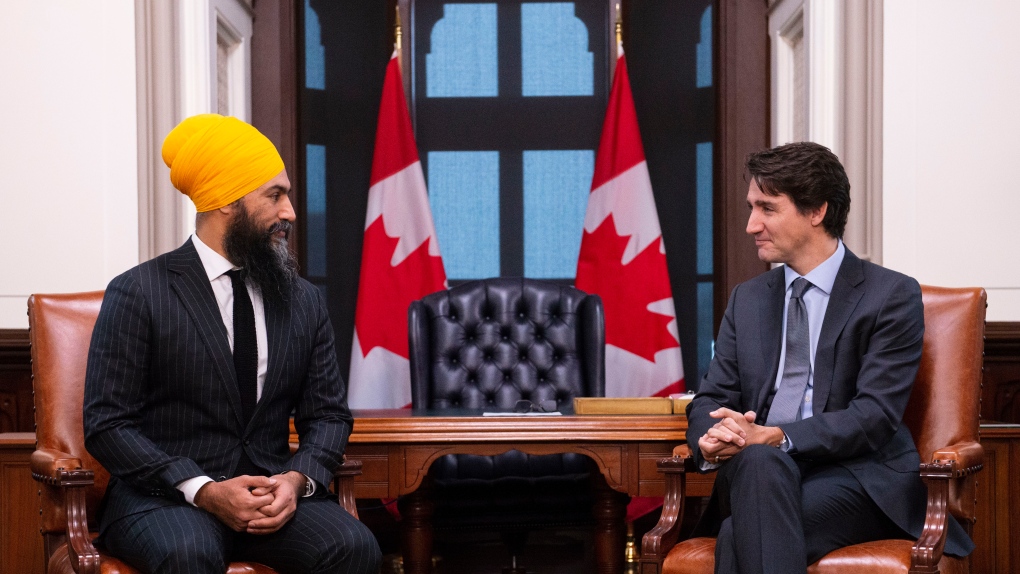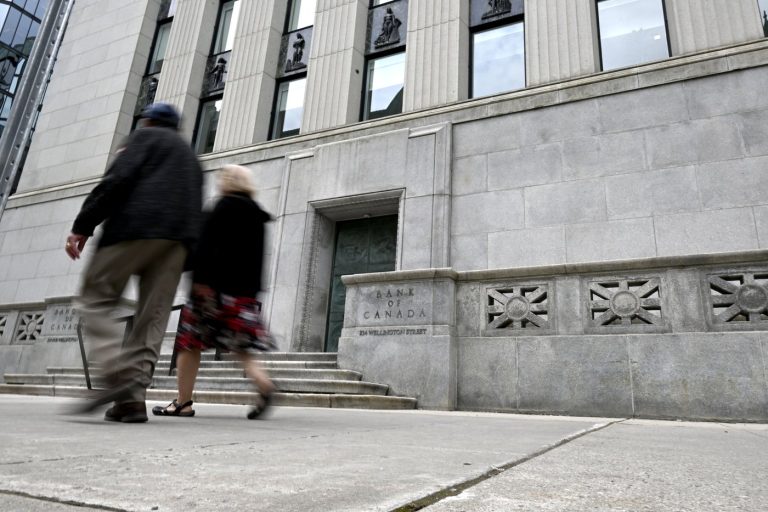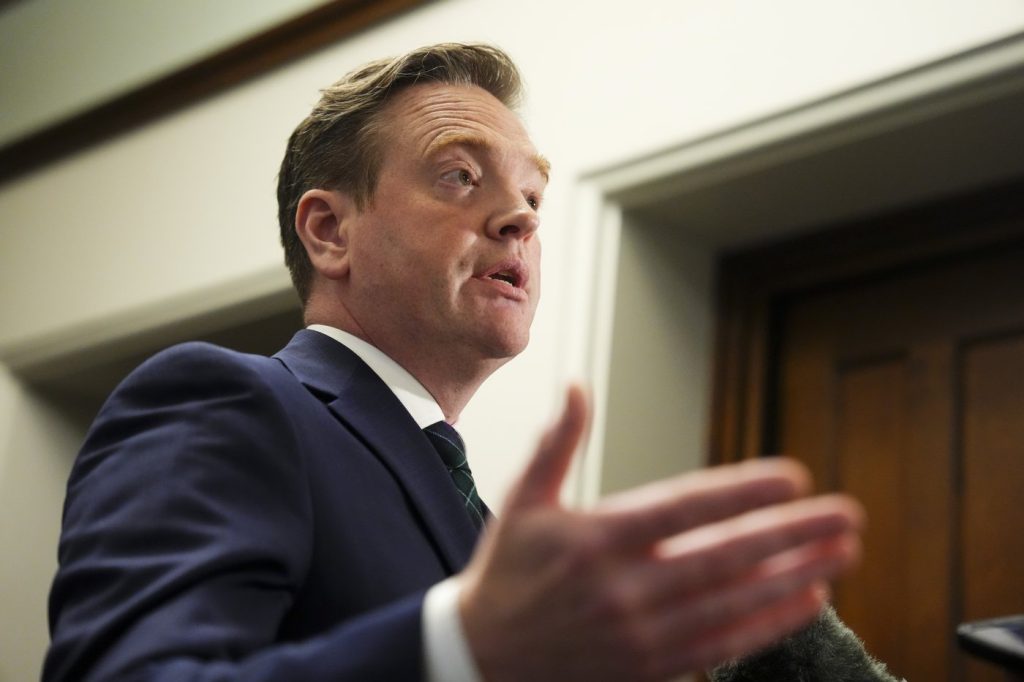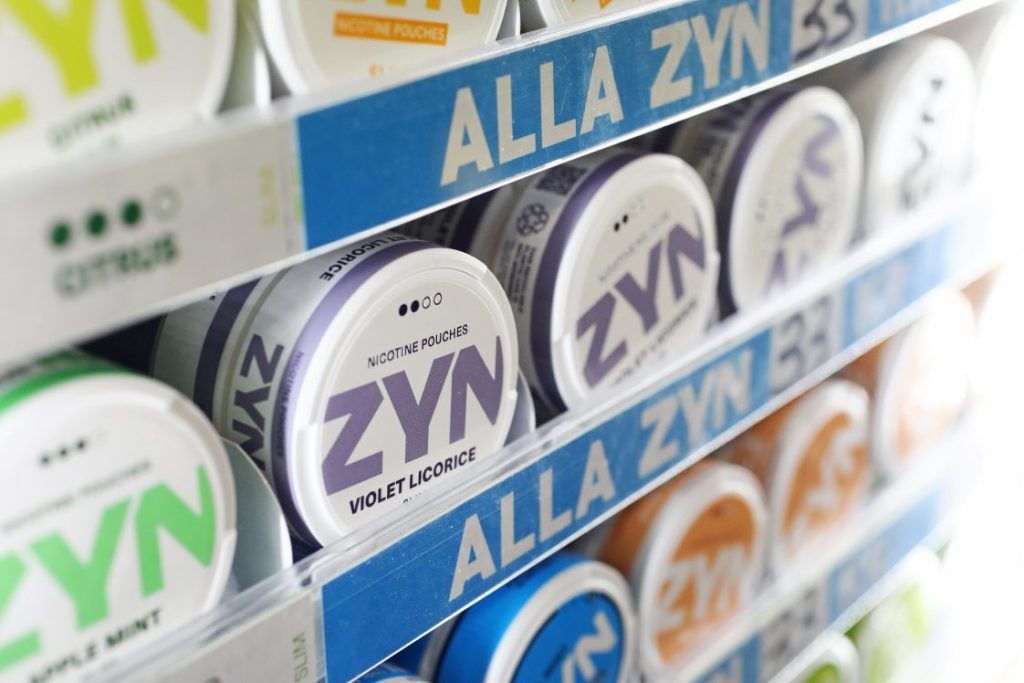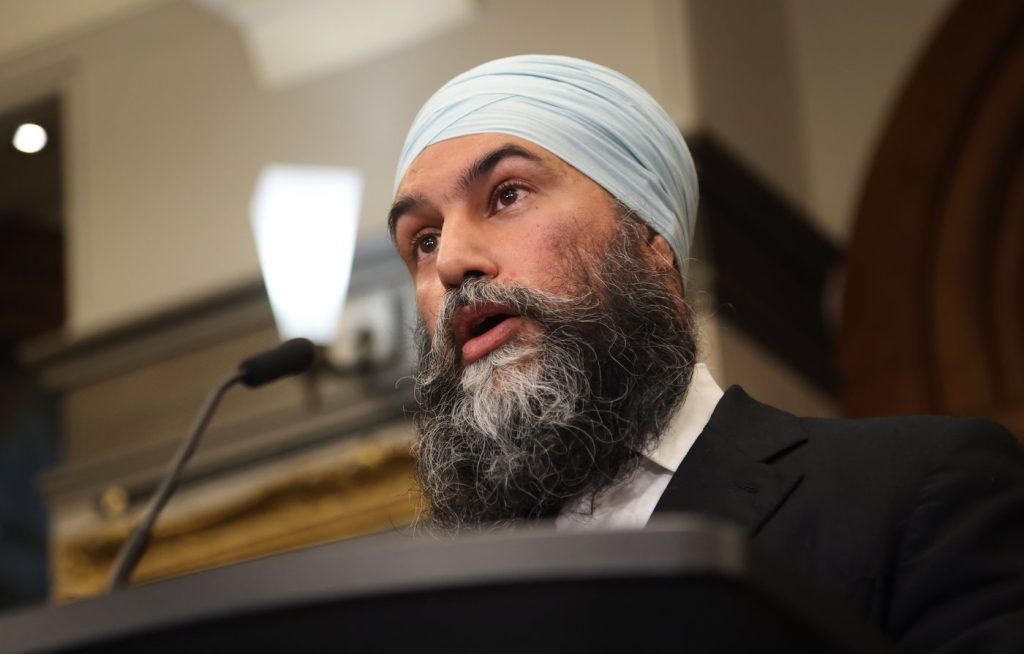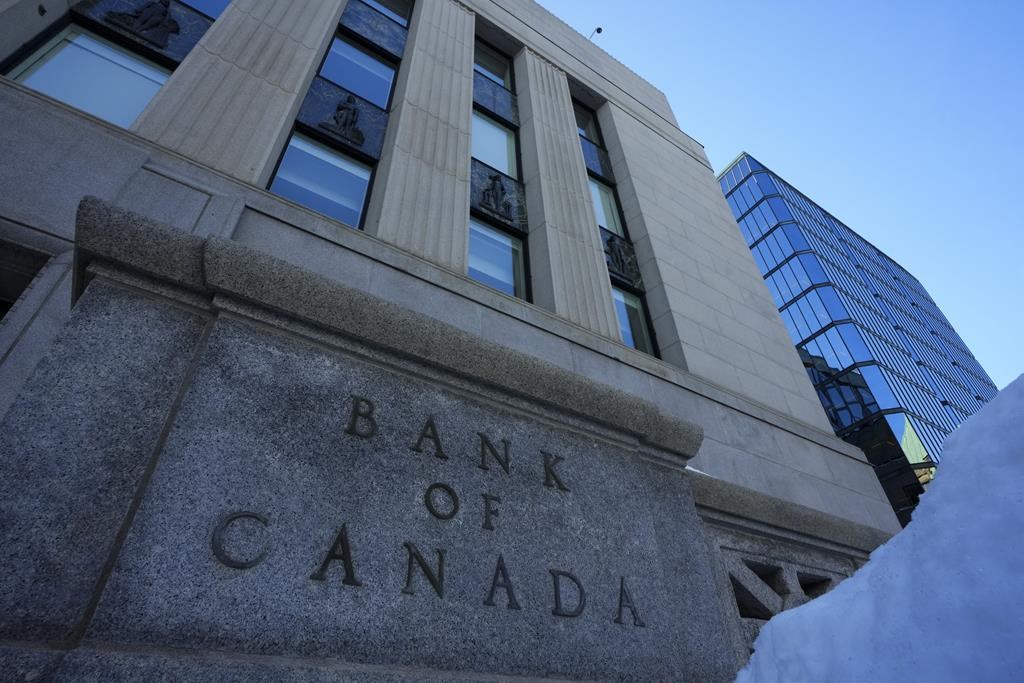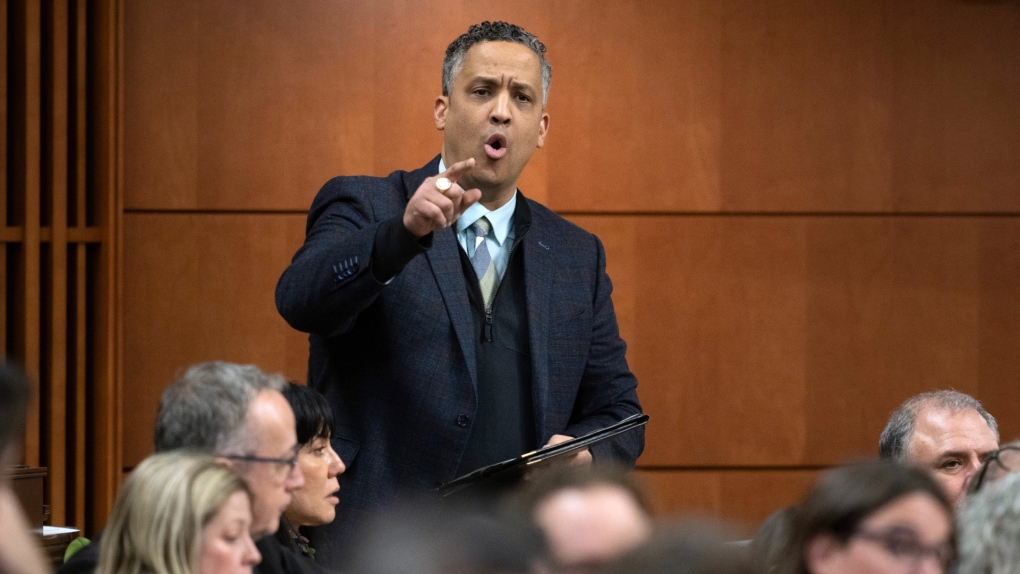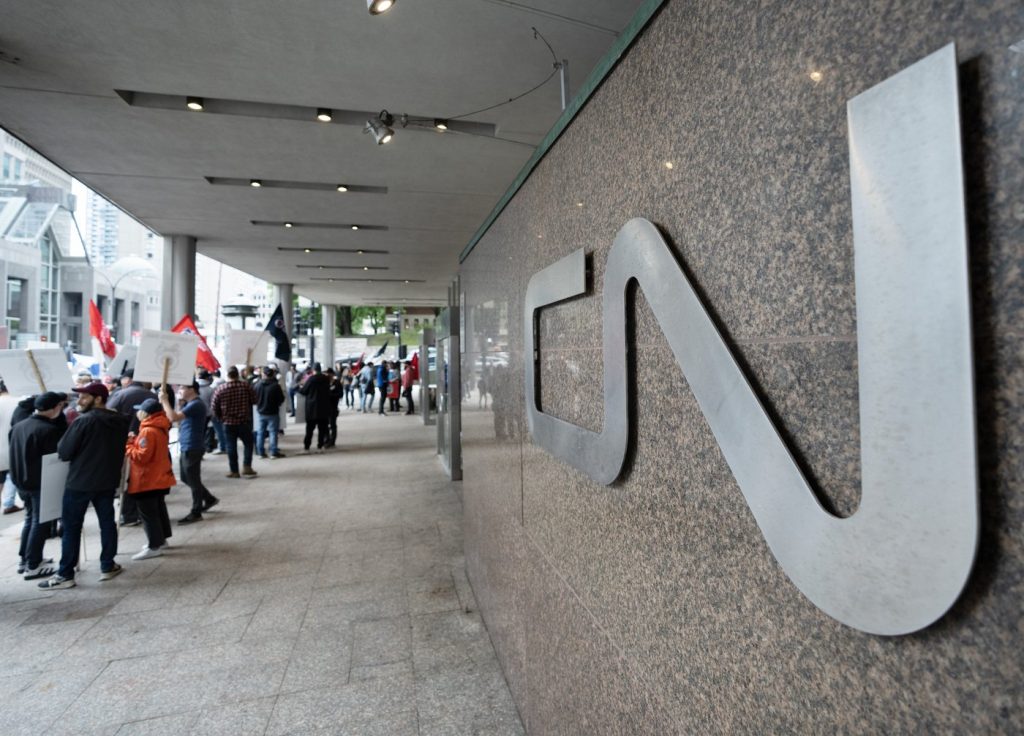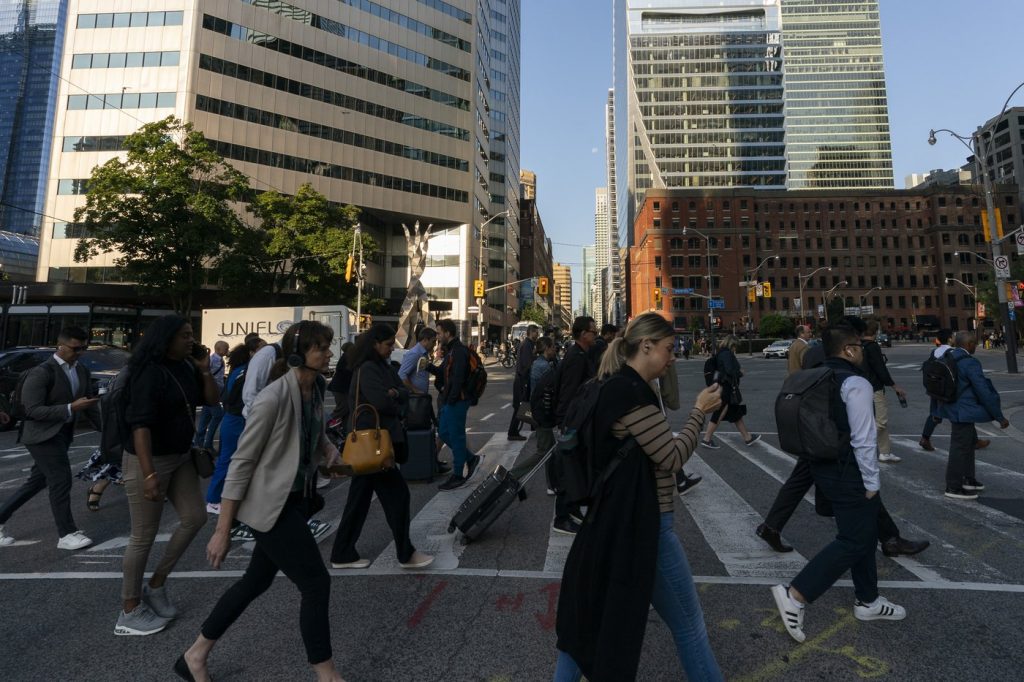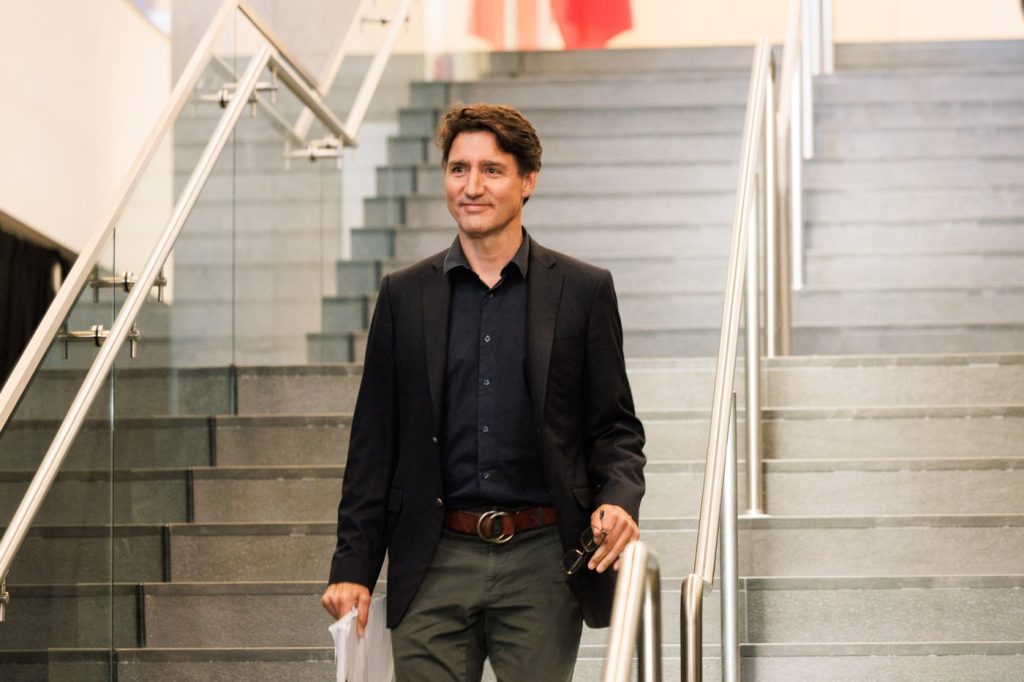The Liberal government plans to take the first legislative step Monday toward increasing the inclusion rate on capital gains.
Finance Minister Chrystia Freeland flagged the timing Sunday, saying the government is taking action to improve tax fairness for Canadians.
Freeland announced the capital gains tax changes as part of her April budget but left the new inclusion rate out of the budget legislation.
The government proposes to make two-thirds of capital gains taxable.
Currently, only one-half of the profits made on the sale of assets — such as stocks or secondary real estate property — are taxed.
The Liberals must table a motion in the House of Commons before they bring forward the actual legislation on capital gains. The government says the change will take effect June 25, even if a bill has yet to pass.
The higher inclusion rate will apply to all capital gains realized by corporations, while individuals will only face the higher inclusion rate on capital gains of more than $250,000.
Lobby groups representing businesses and physicians who expect to be affected by the changes have called on the government to reconsider the increase to the inclusion rate.
However, Liberals have defended the effective tax increase on capital gains, arguing that Canada needs to raise more revenue to pay for things like housing and health care.
The government estimates the higher inclusion rate will generate $19.4 billion over the next five years.

